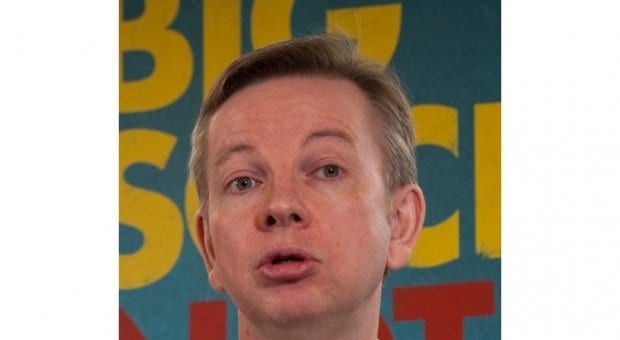The Department for Education (DfE) in the UK says it’s looking into claims that several schools have policies against the so-called promotion of homosexuality, Pink News reports.
“What these schools have done by singling out homosexuality is unacceptable,” a statement from the DfE to Pink News states. “All schools can draw up their own sex education policy but they must ensure they do not discriminate unfairly on grounds of sexual orientation. Our sex and relationship education guidance makes it clear that schools should not promote any sexual orientation. The DfE will be looking into these schools.”
The statement comes in the wake of a Gay Star News report that initially identified a couple of state-funded academies — Colston Girls’ School in Bristol and Swindon Academy — as including language in their policies akin to that in the repealed Section 28 of the Local Government Act that said schools could not “promote the acceptability of homosexuality as a pretended family relationship.”
But the British Humanist Association (BHA) revealed that at least 45 schools have revived language in their sex-education policies or are “unhelpfully vague on the issue,” Pink News reports.
Brought into effect by the Margaret Thatcher government in 1988, Section 28 was repealed during Tony Blair’s government in 2003, with Conservative support, The Telegraph reports.
It was also repealed in Scotland in 2000.
The Conservative Party had issued an apology for introducing the policy.
The Telegraph also reports that the Labour Party’s shadow education secretary, Stephen Twigg, has called on Secretary of State for Education Michael Gove to ensure all schools “obey their duties under the Equality Act.”
Twigg added, “Labour got rid of Section 28 in 2003 to ensure that schools taught about homosexuality in an open and honest way. Homophobic bullying is still too common in schools, we must ensure that we redouble our efforts to tackle such prejudice.”
A DfE spokeswoman told Gay Star News that students should be provided with “accurate information and helped to develop skills to enable them to understand their developing sexuality, whatever it may be,” and that the department’s sex and relationship education guidance makes clear that schools “should not promote any sexual orientation.”
The BHA’s public affairs head, Pavan Dhaliwal, says it’s “simply unacceptable that over a decade after the repeal of the pernicious Section 28 that these schools continue to enforce similar policies, while others have statements which are overly vague on this matter.”
Meanwhile, the Welsh government has also indicated that it will investigate reports that two schools in Wales have policies that ban promotion of homosexuality, Pink News reports Aug 20.
A Welsh government spokesperson said, “Teachers should deal with sexual orientation honestly, sensitively and in a non-judgmental way. The needs of every learner must be met and schools should encourage open discussion, promote inclusion and challenge inequalities.”


 Why you can trust Xtra
Why you can trust Xtra


